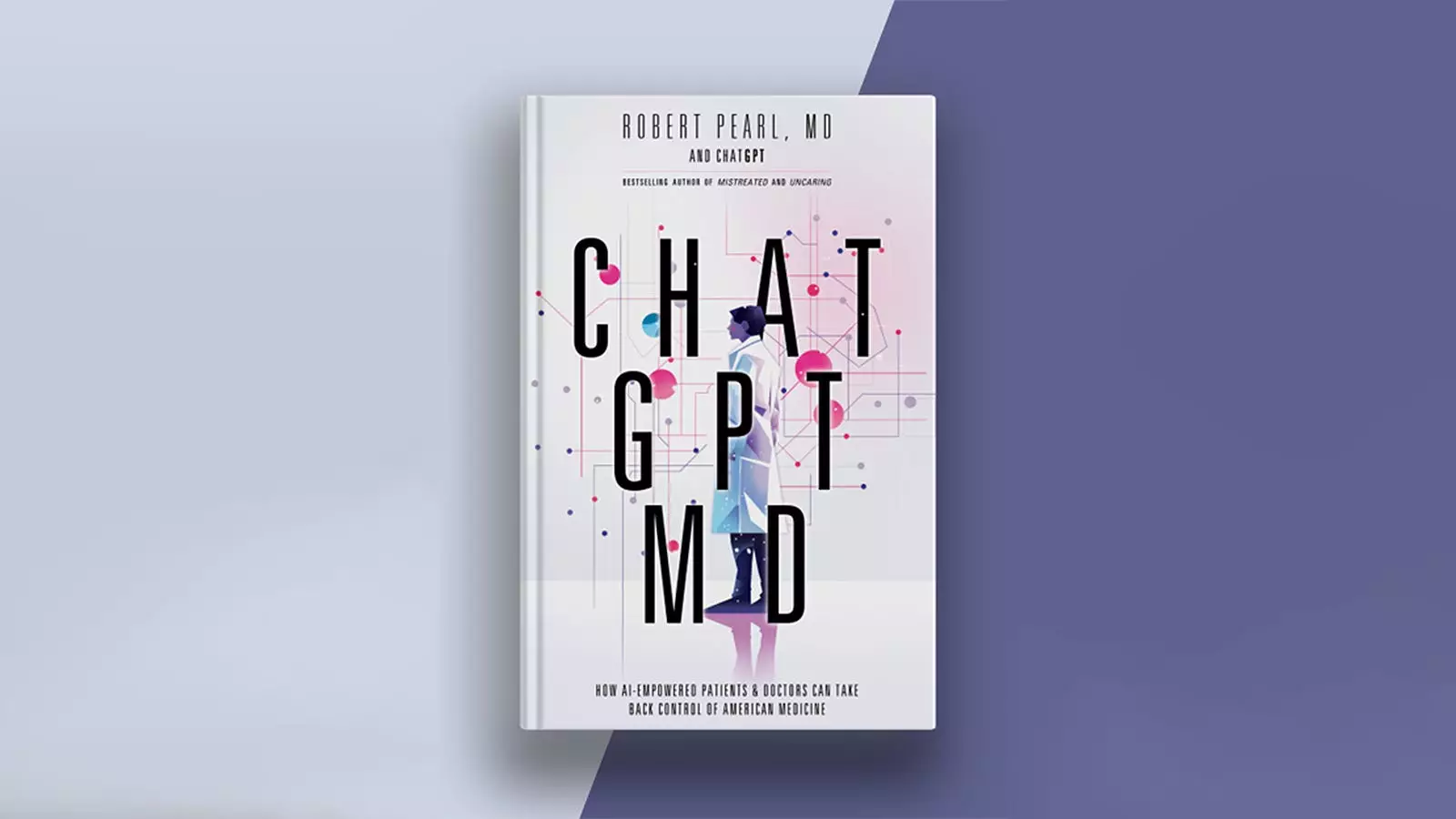Imagine a ship at sea, its engine idle. The boat drifts dangerously close to the shoals, a mere hundred yards from land. The captain, fearing the worst, radios for help. The lighthouse watchman responds, sending an experienced mechanic named Charlie to the rescue. With a single precise hit of his hammer, Charlie gets the engine roaring back to life. Thrilled, the captain asks Charlie to send his invoice. A week later, shocked by the $10,000 charge, the captain demands an itemized bill. Charlie complies, sending a new invoice that reads: “Hitting the engine with a hammer: $1; Knowing where to hit: $9,999.” This scenario illustrates the value of expertise and the power of knowledge. Throughout history, knowledge has been a closely guarded resource, only accessible to a privileged few. However, with the advancement of technology, this knowledge has become a collective treasure, available to all.
Evolution of Human Knowledge
The journey towards democratizing knowledge began over 600 years ago with the invention of the printing press by Johannes Gutenberg in Mainz, Germany. This revolutionary machine transformed the accessibility of information, turning books from a luxury affordable only to the wealthy elite into a public commodity. Fast forward to the mid-20th century, the emergence of the internet broke down geographical barriers and provided unprecedented access to a wealth of information worldwide. The introduction of the iPhone in 2007 further facilitated access to knowledge, putting the world’s information at the fingertips of millions. Each of these technological advancements has made it easier for individuals, including doctors, to access information quickly and conveniently.
While the accessibility of medical information has improved significantly, the challenge lies in applying this information effectively. Patients often turn to sources like “Dr. Google” for medical advice, only to find themselves overwhelmed or misinformed. Clinicians, on the other hand, can utilize their expertise to interpret and apply scientific knowledge. The distinction between accessing medical information and applying actionable expertise is crucial, as patients still heavily rely on doctors for clinical advice and treatment decisions.
The future of healthcare is likely to be revolutionized by AI, particularly in the form of generative AI platforms like ChatGPT. These platforms have the potential to provide individuals without medical training with access to accurate diagnoses, monitoring of chronic diseases, and reliable answers to medical questions. Just as generative AI has enabled mastery in various disciplines, it is poised to democratize medical expertise, making it accessible to anyone with a computer or smartphone. The evolution of AI technology sets the stage for a future where patients can take more control of their healthcare decisions.
The evolution of knowledge accessibility has paved the way for a future where expertise is no longer confined to a select few. With the democratization of information through technological advancements and AI platforms, individuals have greater access to medical expertise than ever before. As we embrace this new era of healthcare, the role of AI in empowering patients and transforming the doctor-patient relationship cannot be understated.


Leave a Reply